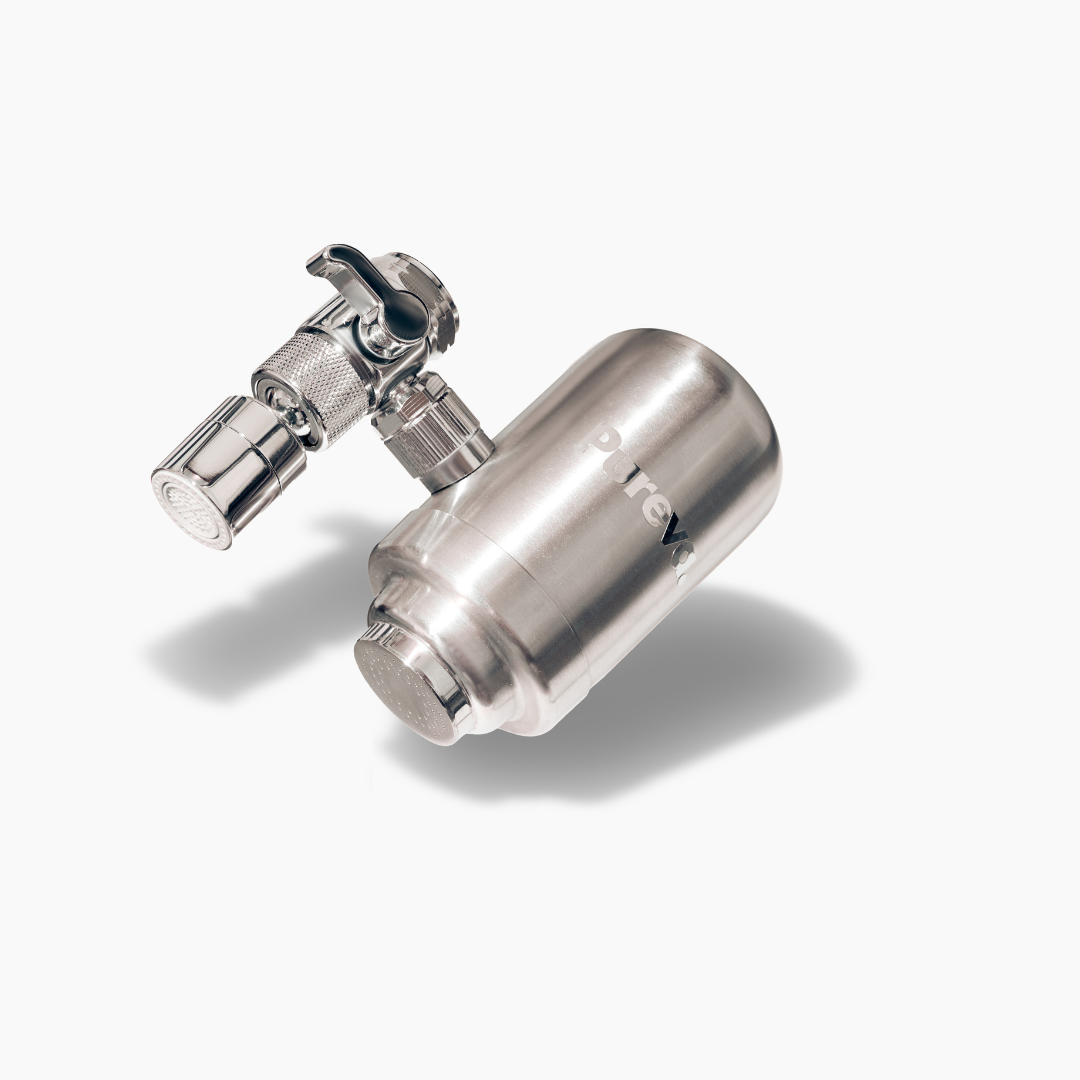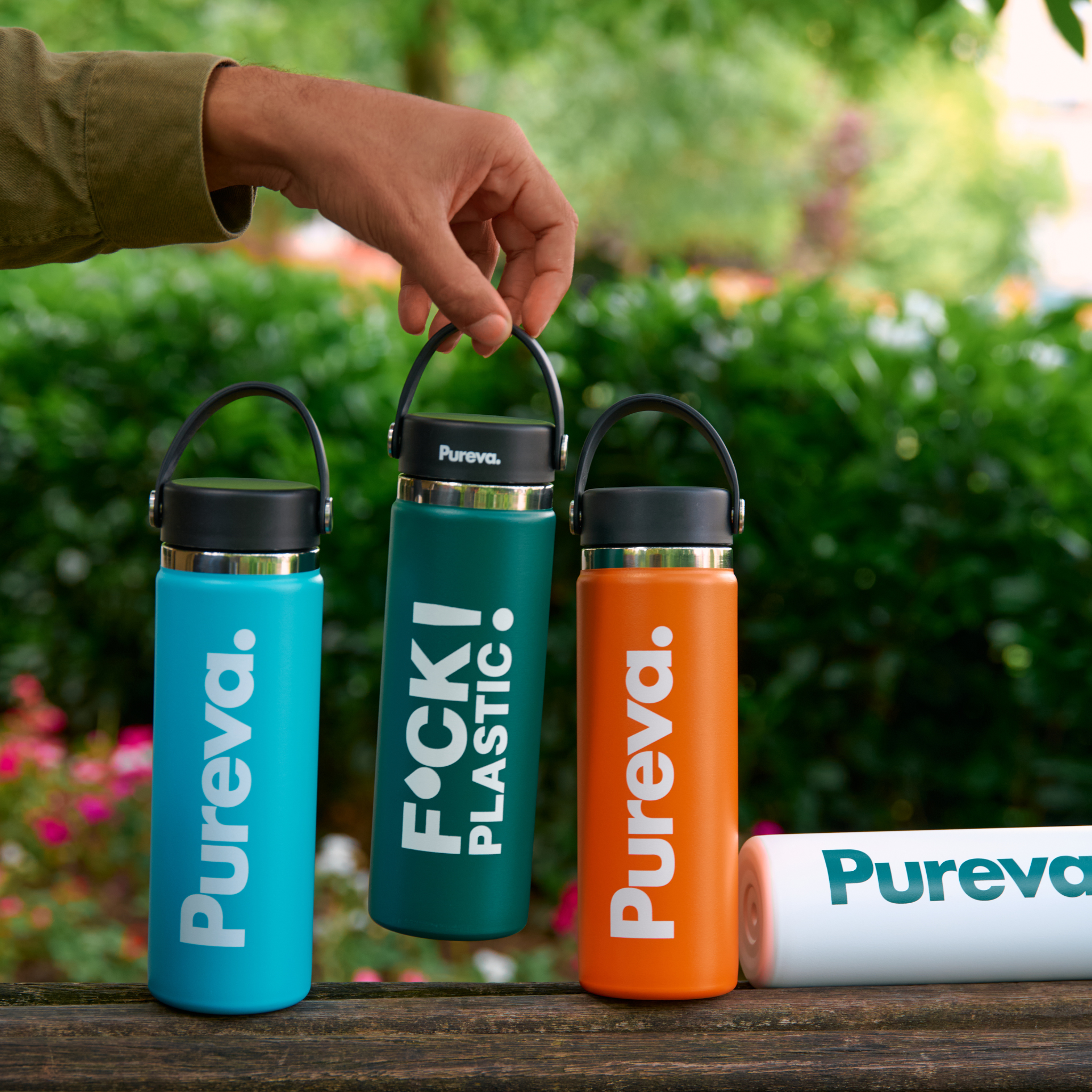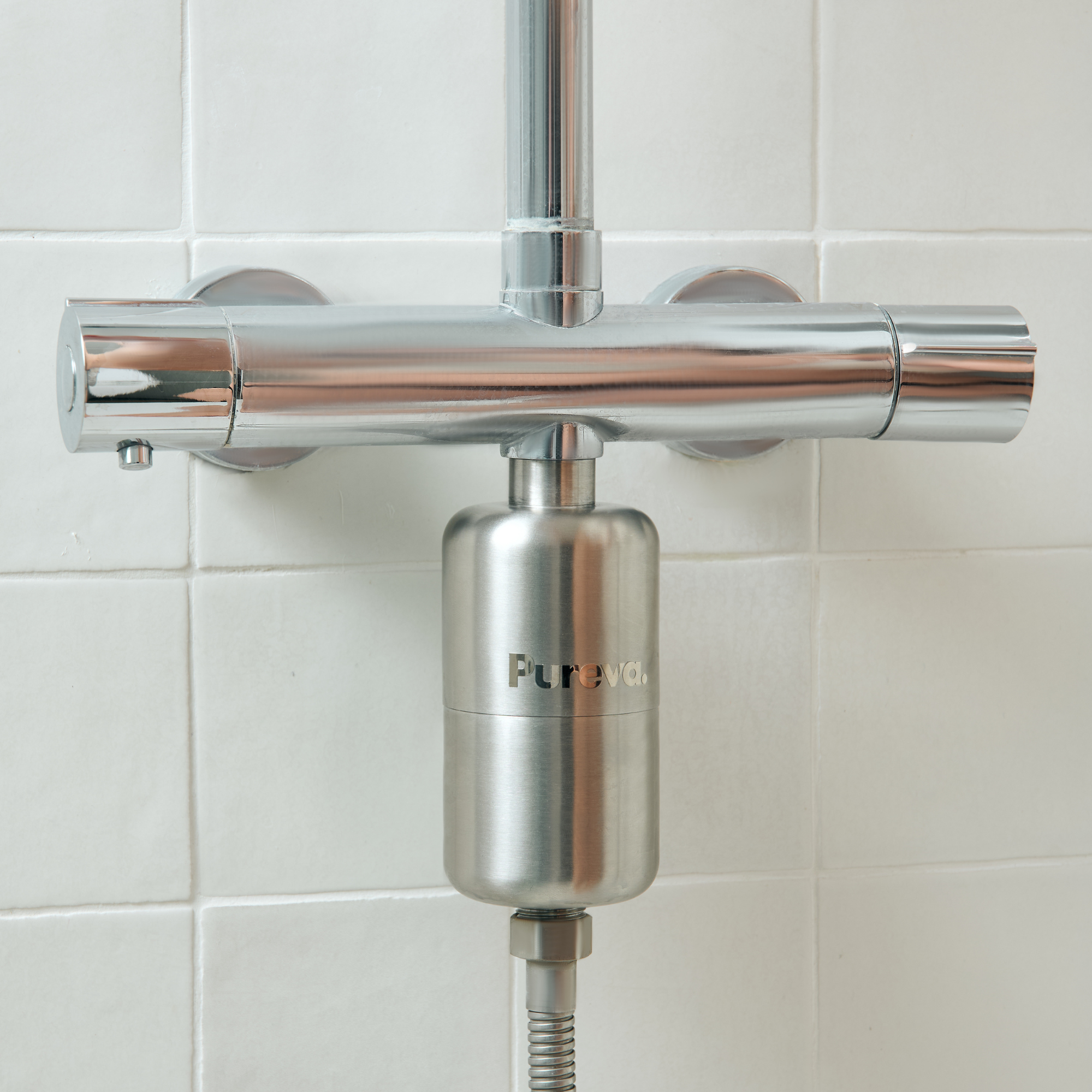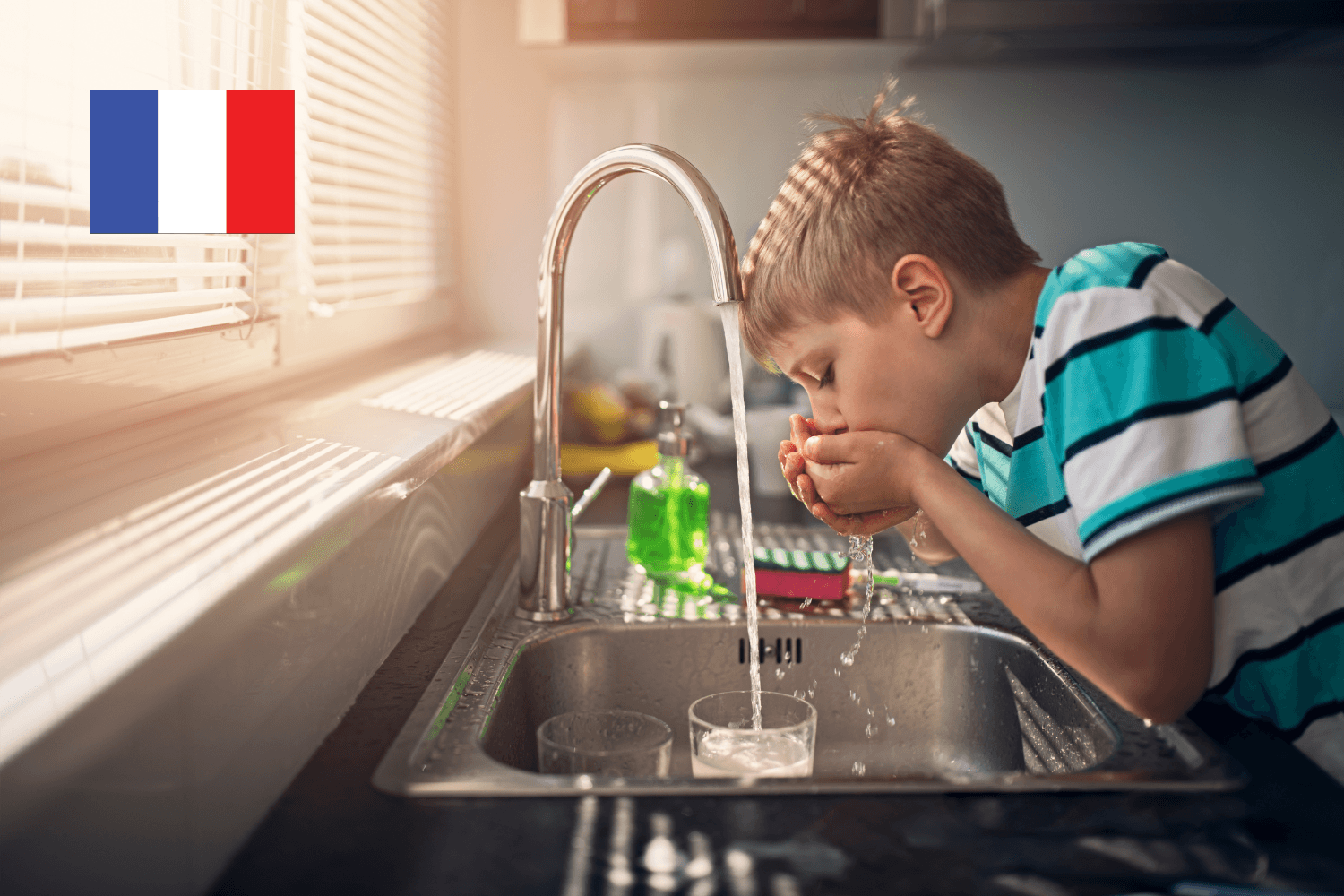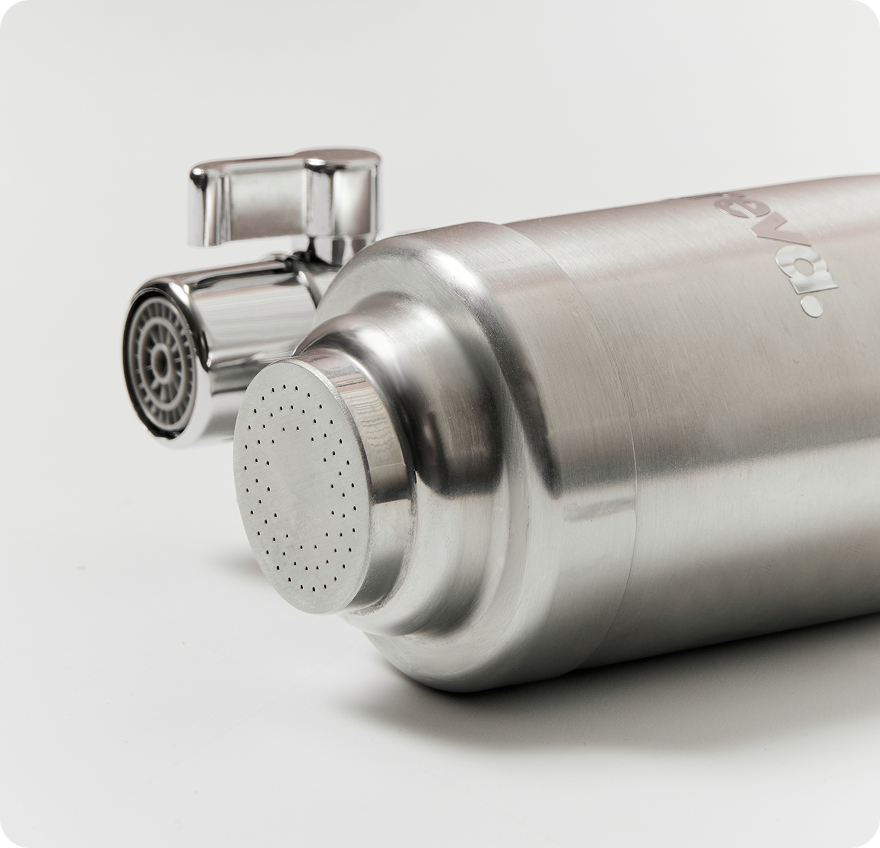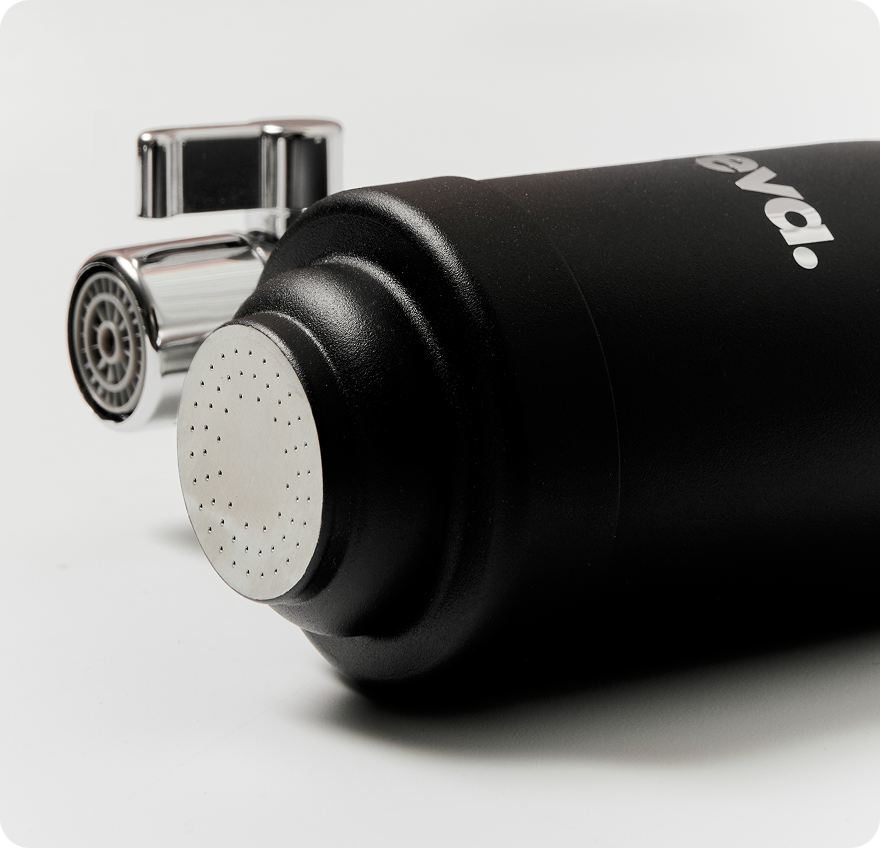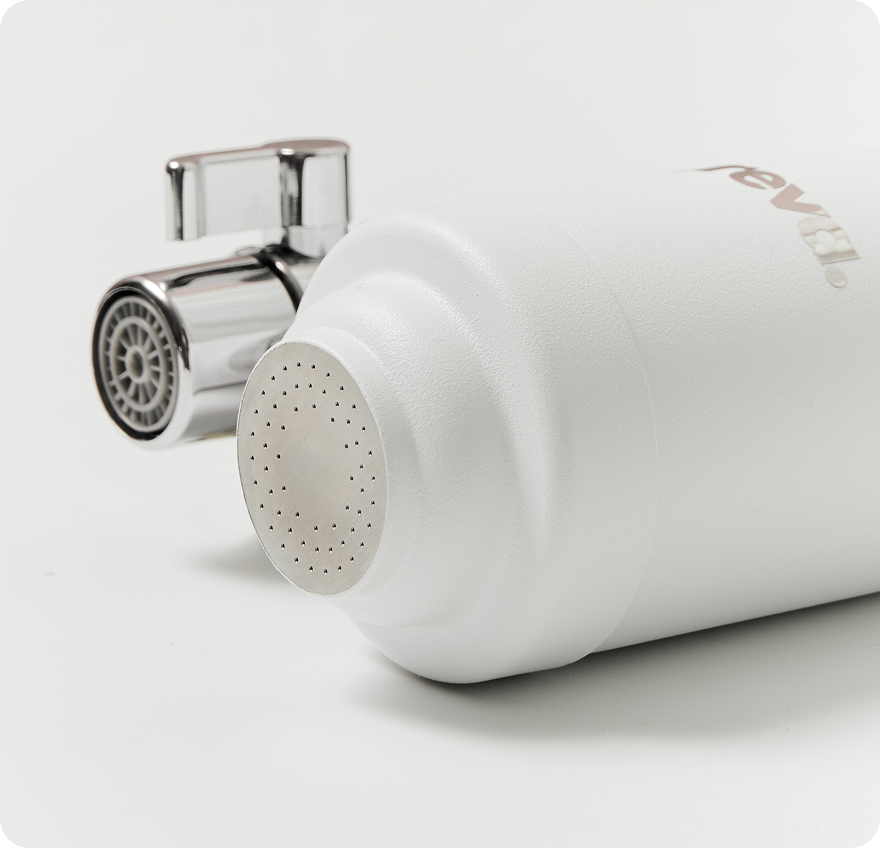Clean drinking water is essential to our health and well-being. In France, many households rely on tap water for their daily hydration and cooking needs. However, growing concerns about the poor quality of tap water are raising legitimate concerns about its impact on public health and the environment. This article explores the issues associated with tap water quality in France and highlights the importance of effective solutions to address this challenge.
1. Contaminants in tap water
Tap water in France is likely to contain a variety of contaminants. Among the most common are nitrates, mainly from intensive farming, drug residues, pesticides, heavy metals, and industrial chemicals. The presence of these substances in water can have adverse effects on human health, including gastrointestinal problems, hormonal disorders, and even increased long-term cancer risks.
2. Regulatory challenges
Although France has strict water quality standards, their implementation and monitoring are often inadequate. Current monitoring systems do not cover all contaminants, which can leave gaps in assessing tap water quality. Furthermore, some rural areas are more exposed to agricultural pollutants due to intensive farming practices, exacerbating water quality problems.
3. Impact on public health
Consumption of contaminated water can have serious public health consequences. The most vulnerable people, such as children and the elderly, are particularly exposed to the risks associated with poor tap water quality. Short-term effects can include gastrointestinal infections, while long-term effects can be more serious and increase the risk of chronic diseases.
4. Environmental consequences
In addition to the impacts on human health, poor tap water quality also has environmental repercussions. Agricultural and industrial chemicals can contaminate freshwater sources, leading to a deterioration of aquatic biodiversity and surrounding ecosystems. Furthermore, the excessive use of chemicals for water treatment can contribute to the pollution of already fragile water.
5. Solutions and necessary actions
To address the issues surrounding poor tap water quality, proactive measures must be taken. This includes stricter regulations, increased water quality monitoring, increased public awareness, and investments in more advanced water treatment technologies such as Pureva water filtration solutions . Farmers can also play a crucial role by adopting more environmentally friendly farming practices, thereby reducing the risk of contamination.
Conclusion
The poor quality of tap water in France is a serious problem that requires urgent attention. This situation directly affects public health and the environment. It is essential to implement effective measures to improve tap water quality, protect citizens' health, and preserve our freshwater resources. By working together, we can ensure a safe and healthy drinking water supply for all French people.

